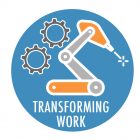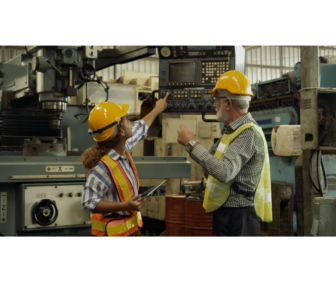
I recently gave a speech at the Michigan Works Annual Conference on the future of work. It explores how the nature of work is likely to change largely because of automation. You can read the speech here.
The speech does not predict a looming apocalypse. With not enough jobs for those who want and need to work. We don’t believe that is where the economy is headed. But we do believe the nature of work and, even more so, the nature of good-paying careers is likely to look very different in the future.
Rather than guessing at how and when technology will change the nature of work our approach to understanding future work is to focus on what are today’s labor market realities and how those have changed over the last two decades or so. With the belief that today’s labor market realities reveal a lot about the nature of work going forward.
The speech explores two topics; wages and the nature of good-paying careers going forward. On wages the speech explores why it is likely in the future way too many jobs will be low-wage jobs. On the nature of good-paying careers the speech explores the likelihood that today’s trend towards rewarding those with generalists skills rather than occupation-specific skills is likely to accelerate.
Figuring out how we create an economy that benefits everyone needs to become the mission of economic policy. To do so requires dealing with these two mega challenges: too many low-wage jobs and redesigning the education system to build lifelong generalist skills in all.
As Erik Brynjolfsson, the director of M.I.T.’s Initiative on the Digital Economy and co-author of The Second Machine Age, says: “The choice isn’t between automation and non-automation. It’s between whether you use the technology in a way that creates shared prosperity, or more concentration of wealth.”







